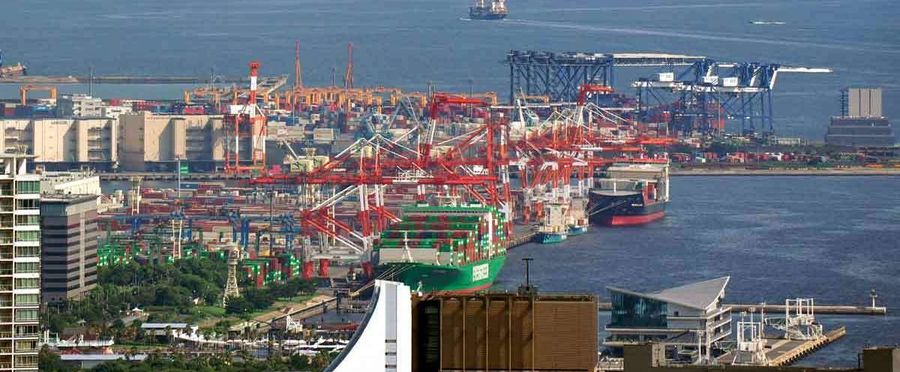Japan's current account surplus reached an unprecedented level last period, marking the highest figure in the country's history. The increase, outlined in recent official reports, is largely attributed to a surge in export activities and a favourable return from foreign investments. The figures reveal robust external demand for the country's goods and services, highlighting the successful implementation of national economic policies and strategic initiatives.
Japan's economy is greatly influenced by exports, with the country being a global leader in several industries including electronics, automobiles, and machinery. Thus, achieving a high current account surplus is a significant achievement and a source of national pride. Additionally, it implies a strong performance of the country's industries and suggests potential stability in local job markets. It also reflects Japan’s successful strategic initiatives in international trade and economic growth.
In contrast, the U.S and many EU countries often experience a current account deficit due to their consumption-oriented economies. While Japan's surplus points to a capacity for long-term economic stability, a contrast can be seen in countries like the U.S, where external debt is a recurring issue.

